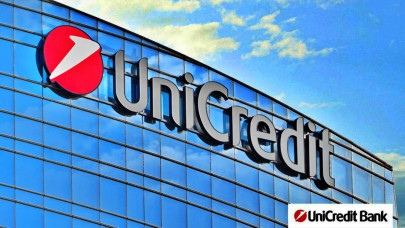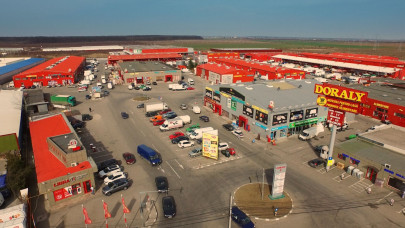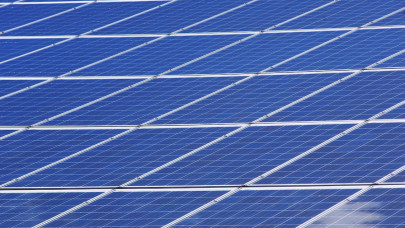The consumption limit for final consumption will be binding for member states collectively, whereas the primary energy consumption target will be indicative.
Final energy consumption represents the energy consumed by end-users, while primary energy consumption also includes what is used for the production and supply of energy.
All member states will contribute to achieving the overall EU target. They will set indicative national contributions and trajectories towards reaching the target in their integrated national energy and climate plans (NECPs). Draft updated NECPs were due in June 2023 and final plans will be due in 2024.
The formula for calculating national contributions towards the target (defined in Annex I to the proposal) will be indicative, with the possibility of deviating from it by 2.5%.
The Commission will calculate whether all the contributions add up to the 11.7% target and, if not, issue corrections to the national contributions that are lower than what they would have been if using the formula (the so-called gap-filling mechanism).
The formula is based on, among other things, energy intensity, GDP per capita, development of renewables, and energy savings potential.
The annual energy savings target for final energy consumption will gradually increase from 2024 to 2030. Member states will ensure new annual savings of 1.49% of final energy consumption on average during this period, gradually reaching 1.9% on 31 December 2030.
Member states can count in the calculation towards the target, energy savings realized through policy measures under the current and the revised energy performance of buildings directive; measures stemming from the EU emissions trading system (for installations and for buildings and transport); and emergency energy measures.
The new rules set a specific obligation for the public sector to achieve an annual energy consumption reduction of 1.9% that can exclude public transport and armed forces. In addition to this, member states will be required to renovate each year at least 3% of the total floor area of buildings owned by public bodies.
The directive has been formally adopted. It will now be published in the EU's Official Journal and enter into force 20 days later.
The proposal to revise the Energy Efficiency Directive, along with other proposals, tackles the energy aspects of the EU's climate transition under the ‘Fit for 55' package. The Commission presented the ‘Fit for 55' package on 14 July 2021. This package aims to align the EU's climate and energy legislative framework with its 2050 climate neutrality objective and with its objective of reducing net greenhouse gas emissions by at least 55% by 2030 compared to 1990 levels. The package consists of a series of interrelated proposals, which either modify existing pieces of legislation or introduce new initiatives in a range of policy areas and economic sectors.
In addition, as part of the REPowerEU plan, the Commission proposed on 18 May 2022 a series of additional targeted amendments to the Energy Efficiency Directive to reflect the recent changes in the energy landscape. The elements of the proposal were integrated into the interinstitutional negotiation process between the Council and the Parliament.
The current Energy Efficiency Directive, in force since December 2018, sets a target of reducing both primary and final energy consumption by 32.5% by 2030 at the EU level, compared with the energy consumption forecasts for 2030 made in 2007.












